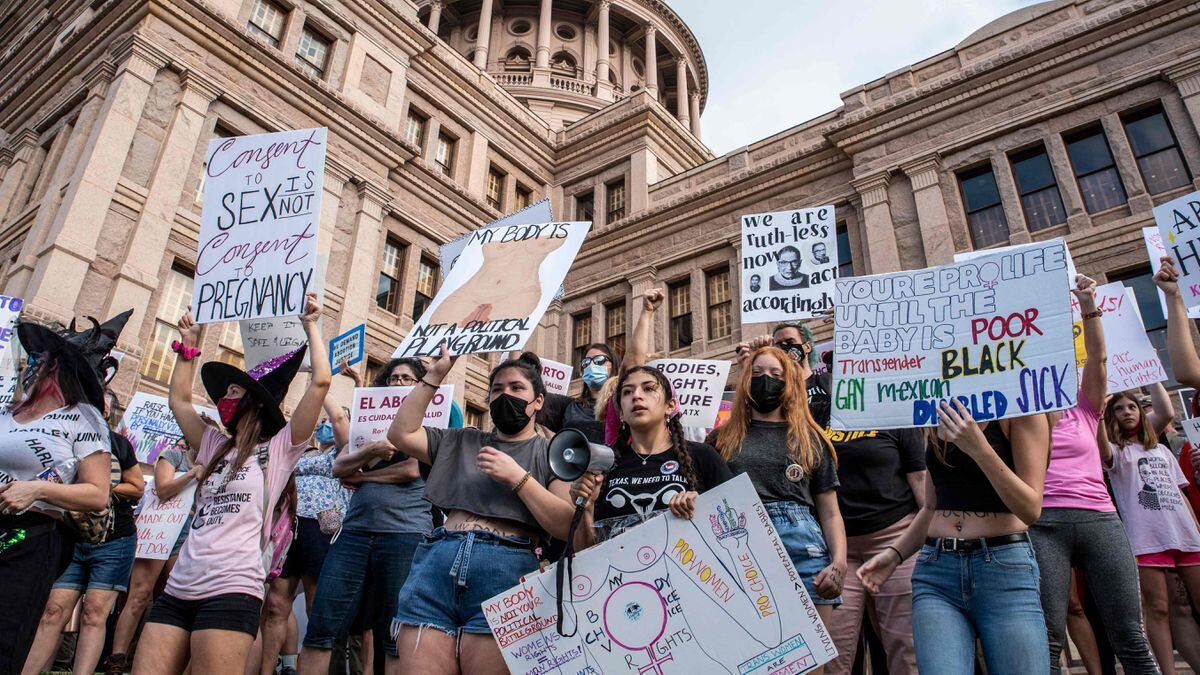[ad_1]

A federal judge in Texas has temporarily blocked the application of the restrictive anti-abortion law recently passed in the state, which prohibits the termination of pregnancy from the sixth week and is popularly known as the “heartbeat law.” Judge Robert Pitman’s ruling is part of the dispute between the State, governed by Republican Greg Abbott, and the Administration of Democrat Joe Biden, which last month sued Texas through the Department of Justice for violating a constitutional right, after that the Supreme Court refused to block its application. Biden himself has reiterated that the Texas ban violates the Constitution.
In the sentence, Pitman establishes: “This court will not sanction for another day this offensive deprivation of such an important right”, enshrined in 1973 with the ruling of the case. Roe versus Wade. Republicans had long sought to reverse that right, and thanks to the conservative majority on the Supreme Court, they believed they had succeeded. The precedent of Texas, a law so restrictive that it even contemplates the denunciation by third parties of abortion cases or penalties for anyone involved in the intervention -from taxi drivers who transfer women to auxiliary personnel of the clinics-, could be repeated the next 1 December, when the Supreme Court considers the Mississippi anti-abortion law, similar to that of Texas but with a longer gestation limit (fifteen weeks).
The State of Texas is expected to appeal to the Fifth Circuit Court of Appeal, based in New Orleans and with a Republican majority. Pitman is a Democratic magistrate, who was appointed during the term of Barack Obama. In a 113-page ruling, Pitman, aligned with the Biden Administration, reverses, at least temporarily, a law that has not only forced many women to travel to neighboring states to terminate their pregnancy, but has spurred the debate on the abortion, with Republicans setting the agenda and the tone of the debate, and with Texas as the national epicenter. The restrictive Texas law almost totally prohibits abortion, in any of its cases, including rape or incest, by establishing a maximum period of time for the onset of the fetal heartbeat, something that happens around the sixth week of gestation and that makes many women are not even aware of their pregnancy even though the heartbeat of the embryo is already perceptible.
The Supreme Court, conformed in his image by Donald Trump with the appointment of three of its members, the last in the final stretch of his presidency, refused to block the Texas law last month, in a ruling that registered five votes in favor against four opposites, although it did not rule on whether the text and its application mechanism are constitutional, so it left the door open to eventually address these issues.
Subscribe here to the newsletter from EL PAÍS América and receive all the informative keys of the current situation of the region
[ad_2]




